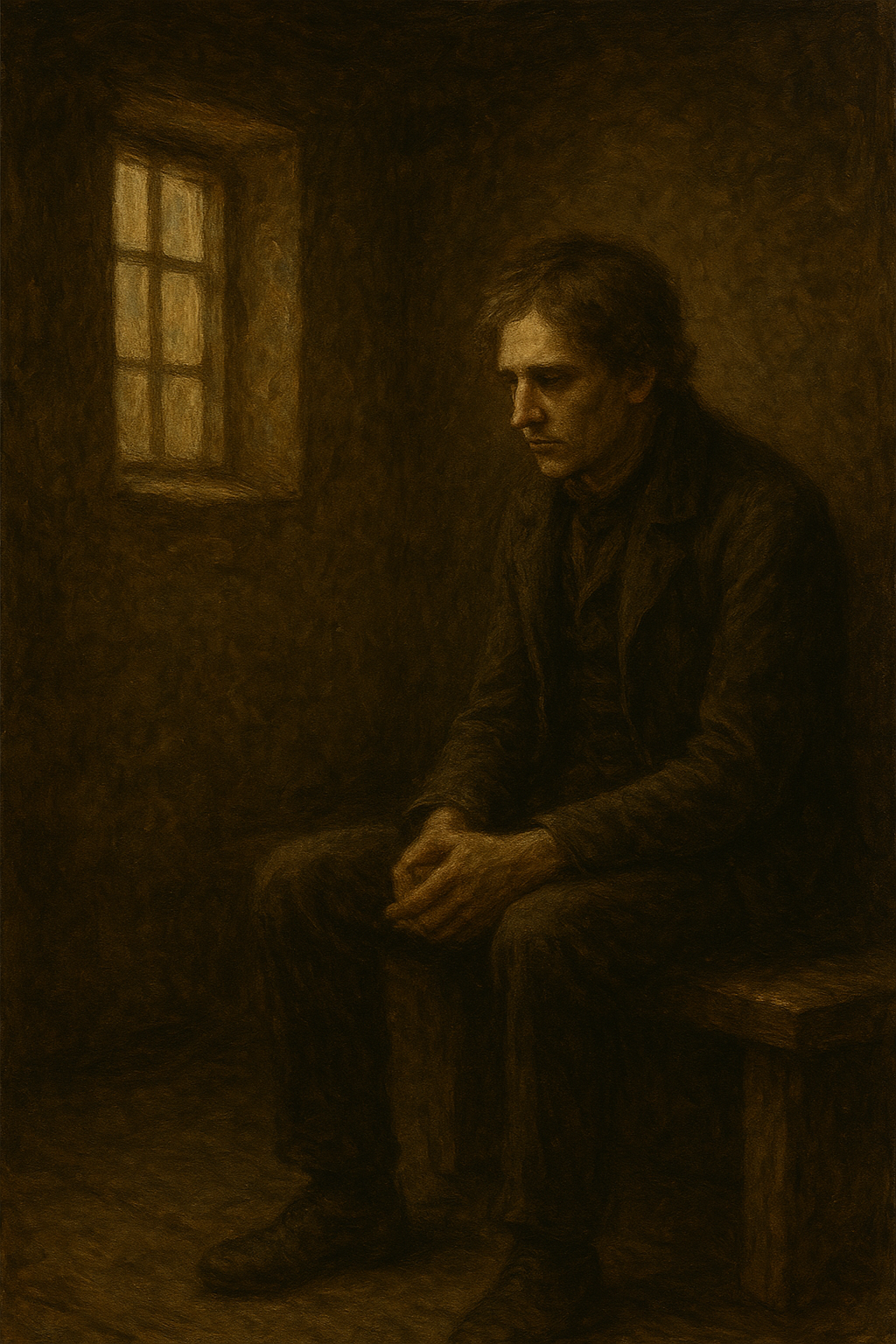Loneliness and Belonging in Mary Shelley’s Frankenstein

A Book That Speaks About the Heart
At first glance, Frankenstein may seem like a story about science, experiments, and mystery. But beneath all of that lies a quiet message that touches every reader: the longing to belong. Mary Shelley’s classic book is filled with shadows and questions, but at its center, it talks about something very human—the need for connection and acceptance.
Why Loneliness Is So Powerful
Loneliness is more than just being alone. It is the feeling of being cut off from others, of wanting to share your thoughts, your heart, and your life but finding no one to listen. In Frankenstein, characters struggle not only with science or ambition but also with the emptiness of being unseen and unheard. This makes the book feel deeply personal, because everyone, at some point, has felt left out or misunderstood.
The Creature’s Silent Cry
Without giving away details, one of the most moving parts of the book is how a character who is feared and judged still longs for kindness. This character doesn’t begin with anger; instead, he begins with curiosity and hope. He wants friends, a family, a place in the world. But rejection turns that hope into something darker. Shelley shows us that even those labeled “monsters” carry the same need for love and community as anyone else.
The Scientist’s Isolation
On the other side, the scientist in the book—Victor Frankenstein—also suffers from isolation. His ambition pulls him away from his family and friends. Instead of reaching out to those who care for him, he chooses secrecy and solitude. In this way, the book shows how loneliness can come not only from rejection but also from choices we make ourselves. Victor’s walls are built from pride and obsession, and they keep him apart from the warmth of others.
A Lesson for Every Reader
What makes this message so lasting is how easy it is to relate to. Children, teens, and adults all know what it feels like to be left out. Sometimes it’s in school when others don’t include you, or at work when your ideas aren’t heard. Sometimes it’s within families, when you feel different from those around you. Frankenstein whispers to its readers: you are not alone in feeling lonely. Others have felt it too. And more importantly, kindness has the power to heal that loneliness.
The Danger of Rejection
One of the strongest warnings in the book is how rejection can twist hearts. When someone is constantly pushed away or treated as less, it can lead to anger and despair. Shelley asks us to reflect: what might happen if, instead of turning our backs, we chose compassion? The story reminds us that rejecting someone because of how they look, where they come from, or what makes them different can create hurt that lasts a lifetime.
Why This Theme Still Matters Today
Though Frankenstein was written more than 200 years ago, its message about loneliness feels modern. Today, in a world filled with technology, many still feel unseen. People may have hundreds of online “friends” but still feel isolated. The book’s timeless lesson—that real connection, acceptance, and empathy are what truly matter—still rings true. It reminds us to look around and notice those who might need a smile, a word, or a hand.
How Kids Can Understand It
Even younger readers can see this theme in simple ways. Think about a new kid at school who has no one to sit with at lunch. Or a friend who feels shy and doesn’t join in games. Offering kindness in those moments can change everything. Frankenstein teaches that sometimes the scariest thing is not a shadow in the dark, but being ignored when you want to belong.
Mary Shelley’s Frankenstein is often remembered for its science and its mystery, but its most powerful message is about the heart. Loneliness can hurt deeply, but compassion can heal. Whether it’s the creature longing for a friend or the scientist isolating himself through ambition, the book shows both sides of what it means to crave connection. That is why this classic book remains so moving: it reminds every reader that kindness, more than anything, is what makes us truly human.